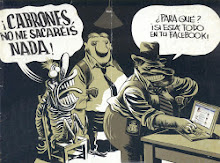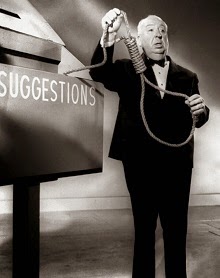Ron McMillan
The Rogue Reader is delighted to welcome John Burdett, best-selling author of crime novels set in Asia. John worked for fourteen years as a lawyer in London and Hongkong before retiring to Europe. Here he writes how his time in Asia inspired him to write about it and led to him becoming one of the world’s best-known writers of Asian-based crime fiction.
John’s breakthrough crime novel, Bangkok 8, was the first to feature Royal Thai Police Detective Sonchai Jitpleecheep, and set in motion a series of much-appreciated and oft-imitated crime novels set in Bangkok and elsewhere in Asia. The fifth in the series, Vulture Peak, was published in 2012. John took time out from working on his latest novel to write this guest column:
Origins of Inspiration
It is often said that inspiration arises from a gap between opposing forces. The greater the gap the more intense the inspiration – and the more difficult to live with. More or less by accident my polarities turned out to be the most basic, and perhaps the most challenging: East and West.
In 2001 I returned to Southeast Asia after a five year sojourn in Europe. I had spent most of my legal career in Hong Kong and retired early. I had no idea how the Far East had changed my perspective until I tried to live in France and Spain. There is a supreme irony here: those two countries are democracies where individual freedoms are guaranteed. Hong Kong in my day was a benevolent dictatorship left over from colonial times. So why did life in Hong Kong seem to bestow so much more individual freedom than Western Europe? The question gnawed at me. I was on the trail of my demon. I had to return. This time I chose the much more laid-back Thailand, which I had visited many times as a tourist whilst in Hong Kong.
I decided to write a police thriller based in Bangkok. I knew nothing of the vast and ancient profession of prostitution and had no intention of writing about it. However, there was a rumour that a branch of the Royal Thai Police Force was dedicated to helping tourists and spoke English. Since a huge proportion of tourists in Bangkok are English-speaking men seeking thrills and adventure in the red-light districts, I hung out there. I never did find an English-speaking cop, but I managed to strike up a number of friendships with the bar girls. They were not at all like the cliche of hard-bitten women for whom sex has become a loveless industry. On the contrary, they were almost all daughters of subsistence farmers from the Northeast of the country whose families had fallen on hard times, largely due to manipulation of the price of rice at the international level. They did not think of themselves as prostitutes. The were looking for a foreign (‘farang’) husband and where better to find one than in the bars of Pat Pong, Nana and Soi Cowboy? Often they were successful. A girl who was selling her body in the bars might disappear for a month, then return in triumph to show off her new farang husband.
But how did they cope, psychologically, with this supposedly devastating degradation that experts, who are invariably Western, darkly predict must leave life-long scars? The answer was, to a very large extent, Buddhism. They were mostly devout, made homage to Buddhist images before starting work and accepted without question the law of karma. Karma means cause and effect operating at the moral and psychological level. It is therefore controllable. If you want a better life build one by starting now. They were generally truthful, honest, hard-working and cheerful. They were confident this attitude would pay dividends and sometimes it did. What impressed me, though, was the inner freedom they seemed to enjoy. As a lawyer I had worked with people from all walks of life in London and Hong Kong. I had spent time with billionaires, middle-class professionals, crooks and exemplary members of society: none of them seemed as happy as these working girls.
I investigated further. It wasn’t only the bar girls whose mental control was impressive. Far away from Bangkok, in the countryside, people often lived in an economy of barter: no one had any cash to spare. But they were free. I had spent most of my adult life chasing money in order to get free and I was jealous. Later, when I began to write my books, I realised how fortunate I was. I had found my abyss, my Great Gap, my Big Bang. There was no way I was going to resolve this riddle in one life time, but the psychic energy it released has so far produced six books, all of them best sellers.
John Burdett, Le Lot, France


































0 comentaris:
Publica un comentari a l'entrada